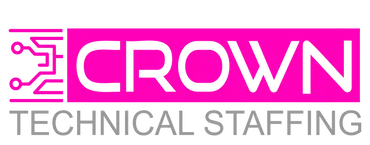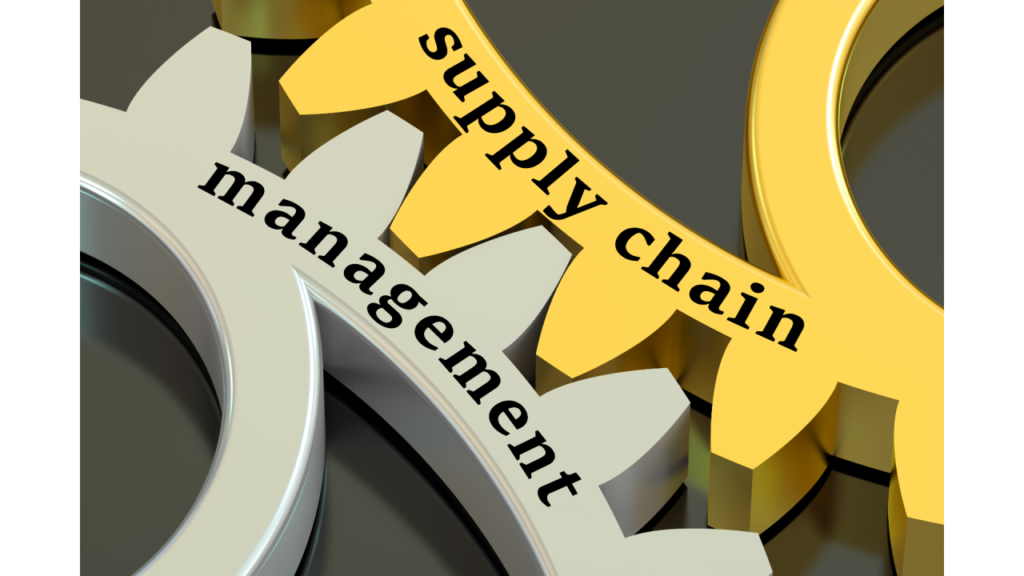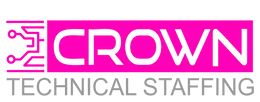When analyzing a company’s success, its process for supply chain management plays a major role. Whether it be lead times for prototypes or an uninterrupted supply of critical parts, having a flexible supply chain is critical. With geopolitical tensions and an emphasis on localized production, the significance of evaluating supply chain partners has reached unprecedented levels. Beyond mere price-per-part considerations, discerning manufacturers are now leveraging several metrics to optimize their supplier options, ensuring growth in highly competitive markets.
In this article, let’s explore three fundamental traits to evaluate potential supply chain partners:
Reliability and Exception Management
Manufacturing processes inevitably encounter problems. Evaluating a supplier is not just about finding a manufacturer that will perfectly meet your needs every time—what matters is quickly resolving problems, so they don’t become recurring issues further down the product development lifecycle. Asking for data on their on-time-in-full (OTIF) delivery performance and documentation of continuous improvement investments the company makes to prevent recurring issues can provide insights into their reliability.
Agility
Product development is always a highly iterative process, and it’s important to find suppliers that can move with speed and agility. An efficient Request for Quote (RFQ) process can determine agility – quick time-to-quote, rapid lead times, and swift resolutions when faced with problems are indicative of an agile supplier. A reduced learning cycle significantly affects your product development timeline, and hence, agility should be a primary consideration.
Guided Expertise
Design engineers often grapple with the manufacturability of their designs, as the early stage of product development is all about learning. That can show up as being unaware of cost and lead-time drivers or suitable materials for prototypes versus scaled production. Working with a partner that’s able to provide guidance on design for manufacturability, cost, and lead-time drivers prior to issuing a purchase order can significantly contribute to your experience during the product development phase.
Despite these crucial traits, it would be wise to exercise caution against excessive emphasis on the price-per-part during early prototyping and product development stages. While price matters for profit margins, the opportunity cost of not receiving a conforming part within the required lead time often outweighs the immediate cost savings.
In conclusion, the search for viable supply chain partners should be holistic, encompassing a variety of factors that contribute to the overall effectiveness and efficiency of the procurement process. This balance ensures that procurement decisions support the company’s larger strategic goals while also meeting immediate needs.
So How Can We Help You…
When you’re ready to grow and expand your Engineering and Operational Leadership Teams, here are 3 ways that we can help:
1. We partner with your existing talent acquisition teams to help attract and retain Engineers and the frontline leaders that drive productivity.
2. Reduce the cost of acquiring and training new hires by supporting and enhancing the efforts of your onboarding team for the first 90 days.
3. Provide a no-cost assessment of your hiring strategies with a 15-minute consultation:


